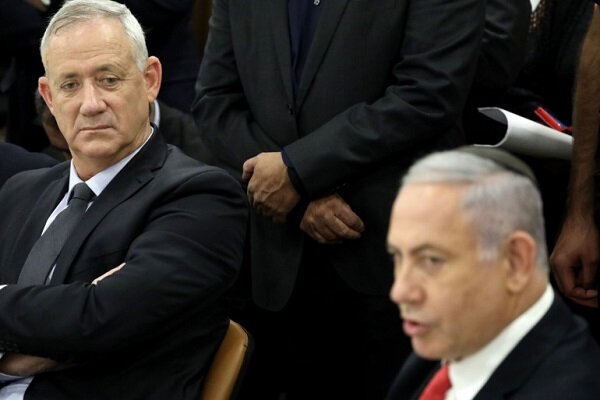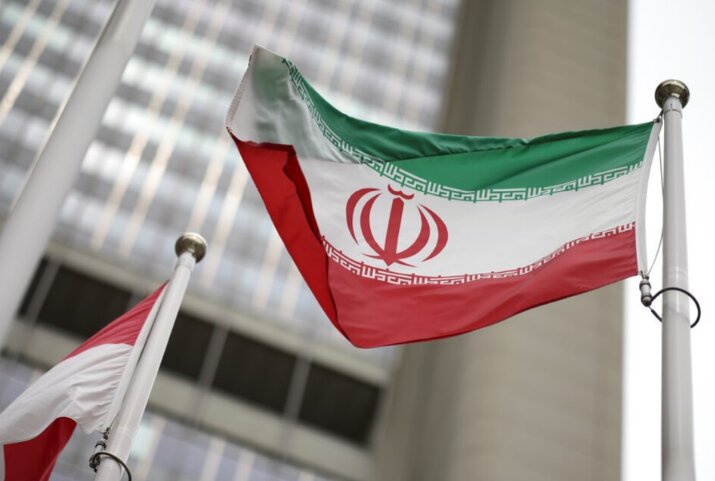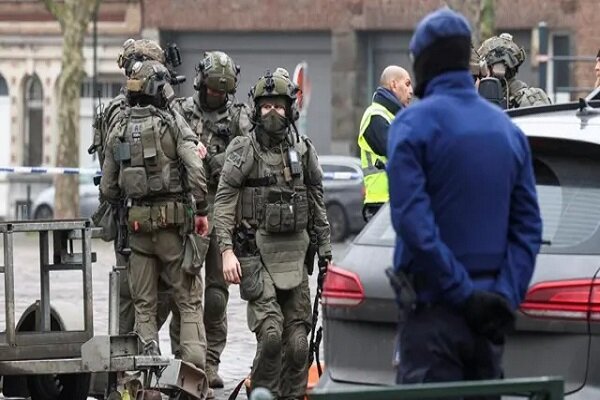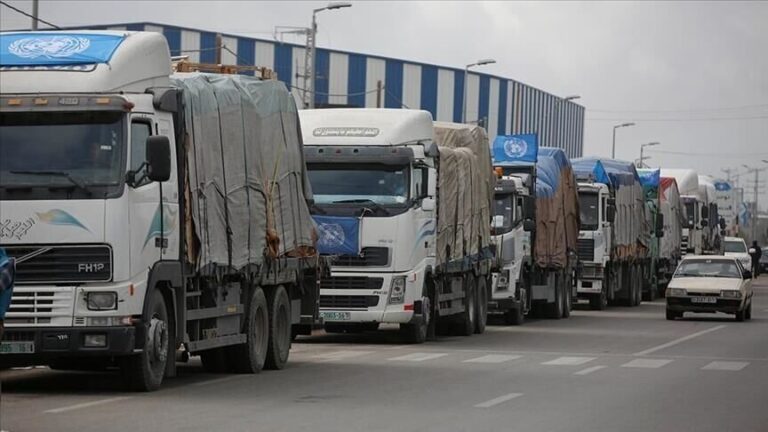Gantz Reveals Government Aware of Captives Living in ‘Substandard Conditions’
In a recent revelation, Benny Gantz, the former Israeli war cabinet minister, shed light on the tragic circumstances faced by captives in Gaza. His comments underscore the urgent need for a focus on the humanitarian crisis that continues to unfold in the region.
After leaving the government in June, Gantz has been vocal about the condition of the captives, emphasizing that both he and his colleagues were aware of the dire situation. According to him, these individuals were being held in tunnels under Gaza “without food and hygiene.” This statement raises serious questions about the treatment of hostages and the broader implications for Israeli military strategy.
Gantz expressed his thoughts on the issue through a post on X, where he stated:
“We knew that they were being abused physically and mentally. We knew other things that I won’t write about. We knew and said that the return of the kidnapped is a priority goal over the other goals of the war, because they don’t have time.”
This admission highlights a critical aspect of warfare that often goes unnoticed: the human cost. In a conflict defined by its complexities, the plight of captives remains an urgent matter that demands attention.
In his statements, Gantz pointed out a harrowing reality: “More than 30 of them died in captivity – murdered by Hamas, accidentally killed by bombs or died in other circumstances.” This chilling revelation not only underscores the risks faced by the captives but also illustrates the chaotic nature of the conflict.
Gantz’s comments indicate a clear recognition of the ongoing humanitarian crisis. He concluded his remarks by stating:
“We knew then, and we know today. Anyone who says otherwise is blind or lying.”
These statements have drawn significant attention, as they challenge the narratives presented by various parties involved in the conflict. Gantz’s position as the leader of the National Unity party adds weight to his claims, making it imperative to consider the implications of his assertions.
Key Points from Benny Gantz’s Statements:
- Captives’ Conditions: Gantz indicated that captives were held in dire conditions without basic necessities.
- Physical and Mental Abuse: His comments suggest systematic abuse of the hostages during their captivity.
- Casualties Among Captives: Gantz reported that over 30 captives had died, with various causes linked to their captivity.
- Priority of Hostage Return: He emphasized that securing the return of kidnapped individuals should take precedence over other military objectives.
The implications of Gantz’s revelations are profound. They call for a reassessment of how hostages are treated in conflict zones and stress the need for international humanitarian laws to be upheld. The acknowledgment of the captives’ suffering is an urgent reminder that behind every statistic lies a human story filled with pain and loss.
Furthermore, Gantz’s statements can lead to increased scrutiny of operational decisions made by military leaders during the conflict. As political dynamics shift and the situation evolves, the focus on hostages and their conditions may influence public opinion and policy-making in Israel and beyond.
As the situation in Gaza remains tense, these revelations serve as a crucial reminder of the humanitarian aspects of warfare. The stories of those held captive should not be forgotten amid the broader geopolitical narratives. It is essential that all parties involved prioritize the safety and well-being of individuals caught in the crossfire.
In conclusion, Benny Gantz’s stark revelations about the conditions faced by captives in Gaza highlight the dire need for humanitarian intervention and a renewed focus on the plight of those affected by the ongoing conflict. As the debate continues, it is vital for leaders and the international community to advocate for the humane treatment of all individuals, regardless of their circumstances. The voices of the captives must be heard, and their stories told, to prevent such tragedies from recurring in the future.






